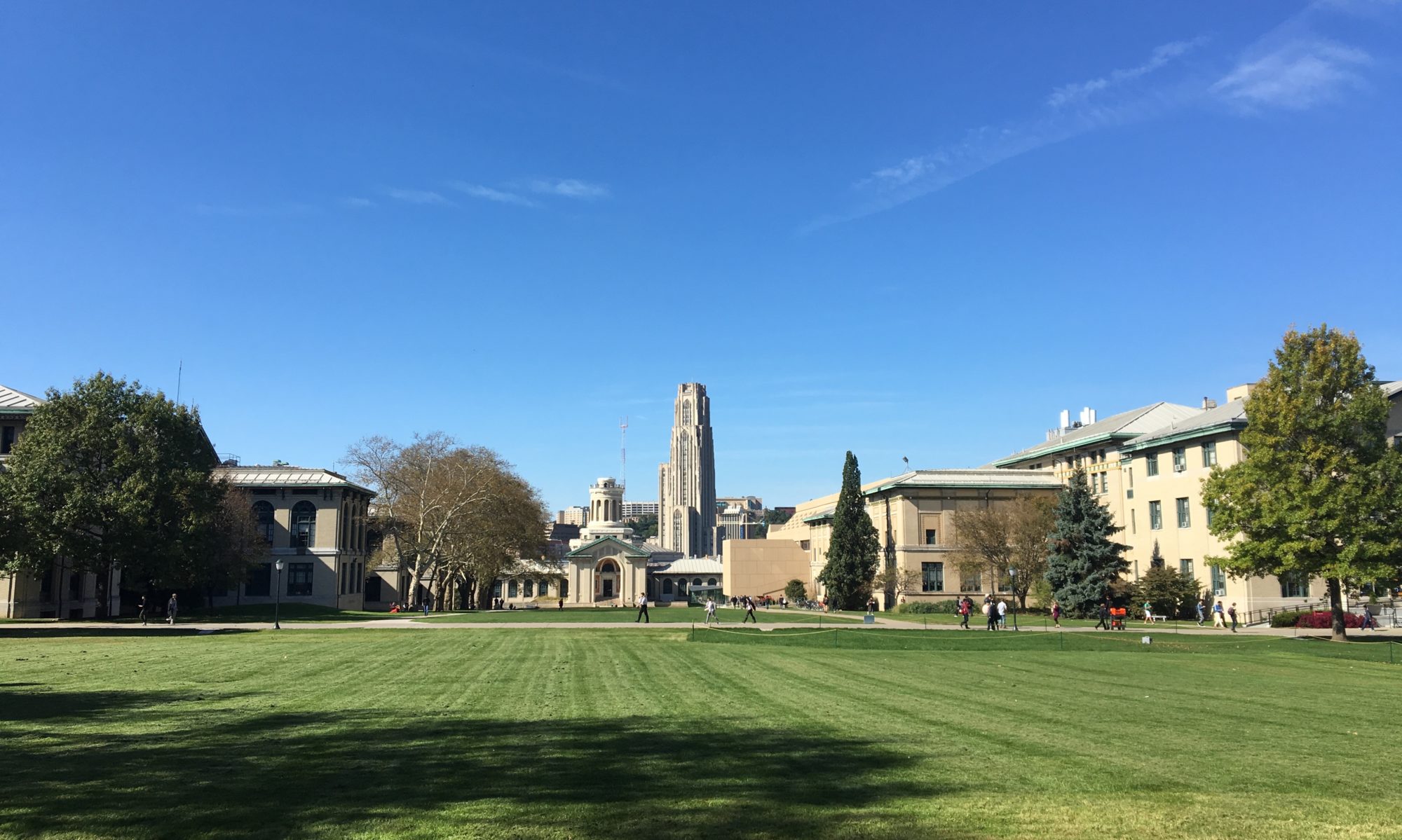Alaina Roberts is an Assistant Professor of History at the University of Pittsburgh. Dr. Roberts’ current work examines African Americans’ and Native Americans’ relationships to land and identity in the Civil War and Reconstruction Eras. Her research has been funded by the Richards Civil War Era Center, the Center for Research on Race and Ethnicity in Society, and the American Philosophical Society.
“The Wages of Settler Colonialism within Indian Country: A Discussion about Tribal Disenrollment”
Settler colonialism in the United States is usually portrayed as a system enacted externally upon Indian Country by Euro-American governments and settlers, historically and in our modern day. In this talk, I discuss the way settler colonialism has also affected Indian Country from the inside out. I take the position that one of the many ways in which settler colonialism’s influence on Native communities can be seen is in the relatively recent issue of tribal disenrollment. Tribal disenrollment is when tribal governments remove people formerly enrolled as members from their membership rolls and all of the rights and privileges of tribal citizenship. These tribal councils, governments, or elders most often use a strategic new requirement (such as raising a blood quantum prerequisite from one-fourth to one-half or requiring that all citizens live on tribal land) and/or refuse to even allow the enrollment of some groups. Settler colonialism is a system that aims to eliminate Native people (literally and culturally) and separate them from their land, and tribal disenrollment aids both of these goals to the benefit of a small group of tribal insiders, who put their own material gain above the greater communal goals of cultural retention and tribal sovereignty. How can the Native community identify this as a destructive practice, and come together to curtail it, while maintaining the belief that Indian nations should be able to regulate their own nations, including who is and is not a tribal citizen?
